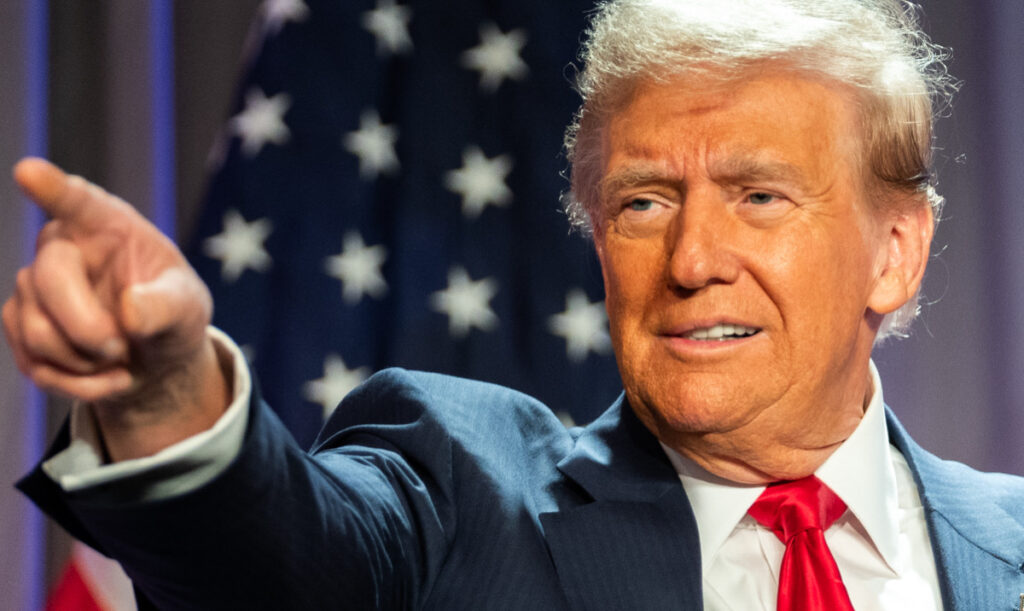
Socialites, get into this update: A New York judge has postponed the sentencing of President-elect Donald Trump in his high-profile hush money case. The sentencing, originally slated for next week, has been paused as Trump’s legal team pushes to dismiss the prosecution entirely, claiming that his recent election victory should compel the court to reassess the legitimacy of the charges against him.
Judge Juan Merchan, who is presiding over the trial, made the announcement in a letter released this Friday, reflecting the complexities and tensions inherent in this unprecedented situation. The adjournment allows for additional written briefs to be submitted, with Trump’s attorneys arguing that his return to the White House warrants a complete dismissal of the 34-count felony conviction he faces…
However, Manhattan District Attorney Alvin Bragg, an outspoken critic of Trump’s tactics, is firmly opposing this motion. In a strategic move, Bragg suggested that the judge consider freezing the proceedings during Trump’s time in office. This would mean that while the conviction remains intact, any sentencing would be delayed until at least 2029… whew!
Furthermore, Merchan has set a new timeline for the legal battle: Trump must file his formal motion for dismissal by December 2, with Bragg expected to respond by December 9. The judge’s decision following these submissions will shape the next steps in this unfolding legal drama.
Interestingly, both parties agreed to this delay, but the new schedule notably aligns with Bragg’s request, a point of contention as Trump’s team had sought a slower timeline that would push the dismissal discussion closer to his inauguration.
The backdrop of this case is as tumultuous as the city itself. Trump’s legal strategy has been rooted in delaying proceedings until after the election, a tactic that has proven somewhat effective in his other criminal prosecutions. In the only case that has reached a verdict—the New York hush money scandal—Trump succeeded in postponing his sentencing until after he faced voters.
As we previously reported, Trump became the first former president convicted of a felony, a distinction that carries significant implications. Should he reclaim the presidency, he would be the first individual to do so while bearing such a criminal record—if the conviction stands.